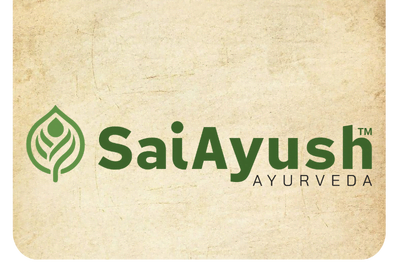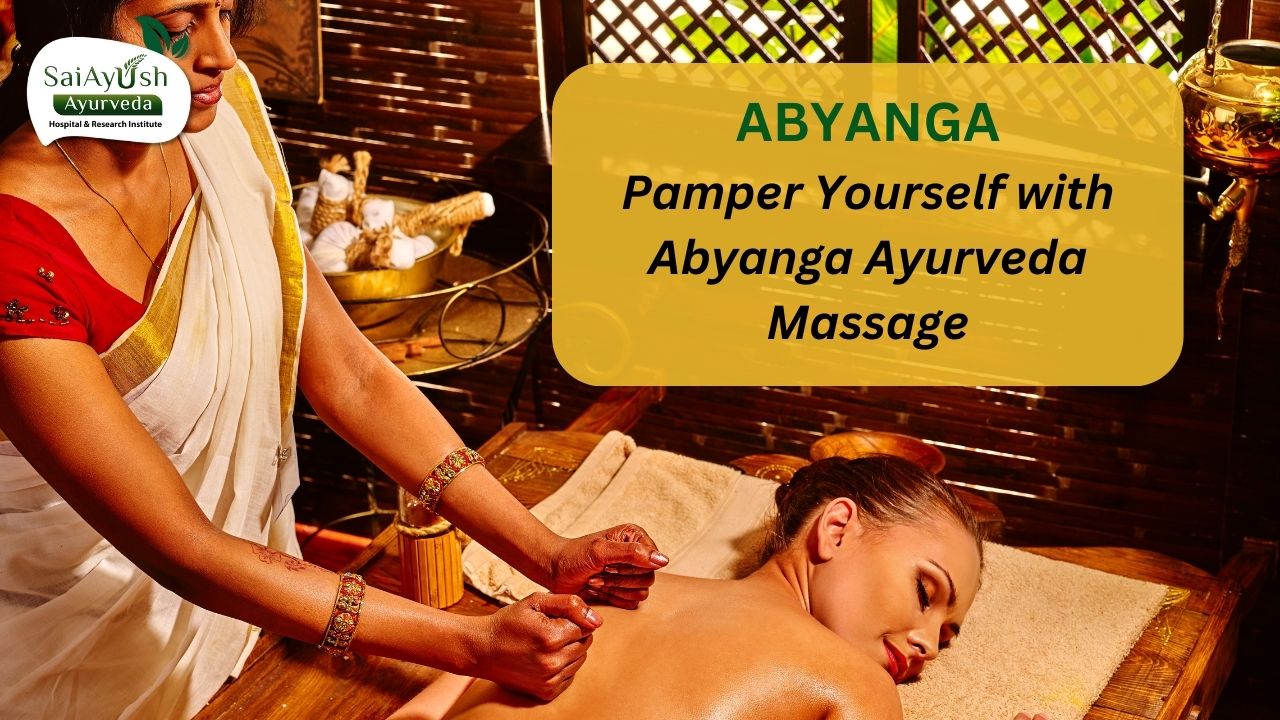Welcome to the world of Ayurveda Abhyanga Massage, where ancient healing traditions meet modern wellness practices. In this blog post, we will delve into the significance of Abhyanga, explore its different types, learn about the procedure and medicines used, understand who can benefit from it, and uncover the remarkable advantages it brings to your overall well-being.
The Importance of Abhyanga:
Abhyanga, a Sanskrit word meaning “oil massage,” holds immense importance in Ayurveda, the ancient Indian system of medicine. Here’s why:
Promotes Relaxation: Abhyanga is known for its soothing and calming effects, helping to alleviate stress, anxiety, and tension.
Detoxifies the Body: The rhythmic strokes of Abhyanga aid in the removal of toxins, purifying the body and improving overall health.
Nourishes the Skin: The use of medicated oils in Abhyanga nourishes the skin, promoting a healthy glow and combating dryness.
Balances Doshas: Abhyanga helps restore the balance of Vata, Pitta, and Kapha doshas, bringing harmony to the body, mind, and spirit.
Enhances Blood Circulation: The massage techniques employed in Abhyanga stimulate blood flow, improving oxygenation and nutrient delivery to the tissues.
Types of Abhyanga:
There are various types of Abhyanga, each tailored to address specific needs and imbalances. Generally sarvanga abyanga(whole body oil massage ) and ekanga abyanga(affected area or local oil massage) Some popular ones include:
Shiro Abhyanga: Focuses on the head, neck, and shoulders, providing relief from headaches, migraines, and mental fatigue.
Pada Abhyanga: Concentrates on the feet and lower legs, promoting relaxation, improving sleep quality, and relieving foot discomfort.
Mukha Abhyanga: Revitalizes the face and neck, reducing facial tension, improving complexion, and promoting a youthful appearance.
The Abhyanga Procedure:
The Abhyanga massage procedure typically involves the following steps:
Selection of Oils: Depending on your specific needs, the Ayurvedic practitioner selects appropriate oils infused with medicinal herbs and essential oils.
Warm Oil Application: The therapist warms the oils and applies it to the entire body or the targeted area, using long, rhythmic strokes.
Massage Techniques: The therapist employs gentle to moderate pressure, kneading, and circular motions to facilitate the absorption of oils and stimulate energy flow.
Duration: The duration of Abhyanga varies depending on the individual’s condition and requirements, typically ranging from 35 minutes to an hour.
Rest and Cleansing: After the massage, it is recommended to rest for a short period, allowing the oils to penetrate the skin. A warm shower can then be taken to remove excess oil.
Medicines Used in Abhyanga:
Abhyanga incorporates the use of various medicinal oils and herbs, enhancing its therapeutic benefits. Some commonly used ingredients include:
- Sesame Oil (Tila Taila): Known for its nourishing and warming properties, sesame oil is often used as a base oil in Abhyanga.
- Ashwagandha (Withania somnifera): This adaptogenic herb helps reduce stress, boost immunity, and promote overall well-being.
- Bhringraj (Eclipta alba): Known for its hair-strengthening properties, Bhringraj oil is used to nourish the scalp and promote healthy hair growth.
- Triphala: A blend of three fruits (Amalaki, Bibhitaki, and Haritaki), Triphala helps detoxify the body and support digestive health.
Indications and Contraindications
Abhyanga is generally suitable for most individuals seeking relaxation and rejuvenation. However, there are certain indications and contraindications to consider:
Indications:
Stress, anxiety, and mental fatigue
Dry or rough skin
Poor circulation
Musculoskeletal discomfort
Vata imbalances (restlessness, insomnia, etc.)
Contraindications:
Fever or acute infections
Open wounds or skin infections
Pregnancy (without the guidance of a qualified practitioner)
Severe pain or inflammation
Abhyanga offers a multitude of benefits for your overall health and wellness:
- Stress Relief: Abhyanga helps relax the body and mind, reducing stress and promoting a sense of calm.
- Improved Sleep Quality: The massage’s soothing effects help promote better sleep patterns and combat insomnia.
- Enhanced Skin Health: Regular Abhyanga nourishes the skin, improves complexion, and reduces signs of aging.
- Increased Circulation: The massage stimulates blood flow, improving oxygenation and nutrient delivery to the tissues.
- Musculoskeletal Support: Abhyanga helps alleviate muscle tension, stiffness, and joint discomfort.
Conclusion
In conclusion, Ayurveda Abhyanga Massage is a treasure trove of wellness benefits. By embracing this ancient healing practice, you can experience profound relaxation, rejuvenation, and enhanced overall health.
Remember to consult with a qualified Ayurvedic practitioner before undergoing Abhyanga to ensure it is suitable for your specific needs and health conditions.
Sai Ayush Ayurveda provides the best panchakarma treatments in Hyderabad. We have well experienced male and female doctors and therapists. We assure that with us you will experience the authentic ayurveda which will eventually help you to attain a healthy life.
Discover the healing power of Ayurveda with our latest article at Sai Ayush Ayurveda Hospitals! Dive into the age-old wisdom that can rejuvenate your body and mind. Click here to read more:



0 Comments